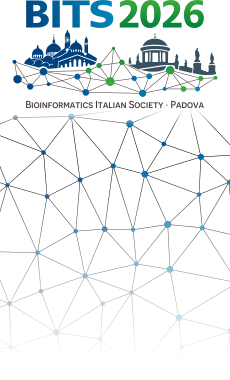EMBO Practical Course: Computational analysis of protein-protein
interactions for bench biologists
2nd - 8th September 2012, MDC Berlin, Germany
- How can bioinformatics help me predict/analyse my protein's
interactions?
- Which databases give information on existing experimental data on my
protein's interactions?
Focusing on these, and other related questions, this course aims to help
bench scientists become more effective at exploiting the wide range of
commonly-used bioinformatics tools that can be used to identify,
understand, and predict protein-protein interactions (PPIs) by analysing
their structure, sequences, and other features.
The target group for the course are experimental scientists needing to
analyse PPI data in their work, and who have limited experience using
bioinformatics tools and resources that can help enhance their
understanding and analysis of this, and related, data.
The course covers analyses and tools that are applied **after** potential
PPIs have been identified i.e. it does not cover analysis of the raw data
from e.g. mass spectrometry using tools such as Mascot, PEAKS, SPIDER etc.
Course trainers include developers of many commonly-used tools including
Cytoscape, CLUSTALX, Pfam, IUPRED, STRING, STITCH, REFLECT, ScanSite, ELM,
and PhosphoELM. In addition, many other key resources will be covered, for
example BLAST, JalView, SMART, PyMOL, PISA and UniProt. Most tools used
during the course are web-based and can be used, free of charge, by
academic scientists worldwide.
To apply for the course, fill in the online application form linked to
from this page:
http://events.embo.org/12-comp-ppi/application.html
The registration deadline is Friday June 15th 2012.
There is a course fee of 200 euros for academics, 1000 euros for
scientists from industry.
Places on the course are limited; applicants will be selected on the basis
of the extent to which we expect their own work would benefit from
attending the course. Thus, applicants are advised to highlight in their
application both (i) clear examples of where they need to apply these
methods in their current work and (ii) the extent of their previous
experience using such approaches.
Please contact the organisers (Miguel Andrade
miguel.andrade@mdc-berlin.de; Aidan Budd aidan.budd@embl.de; Toby Gibson
gibson@embl.de; Denis Shields denis.shields@ucd.ie) if you have questions
on scientific aspects of the course, or Michaela Herzig
(michaela.herzig@mdc-berlin.de) if you have questions concerning
logistics/administration.
Società Italiana di Bioinformatica
Sede legale Viale G. Mazzini, 114/B – 00195 Roma
C.F. / P.IVA 97319460586
C.F. / P.IVA 97319460586
© 2003-16 • designed by esthos • powered by sciencedev




